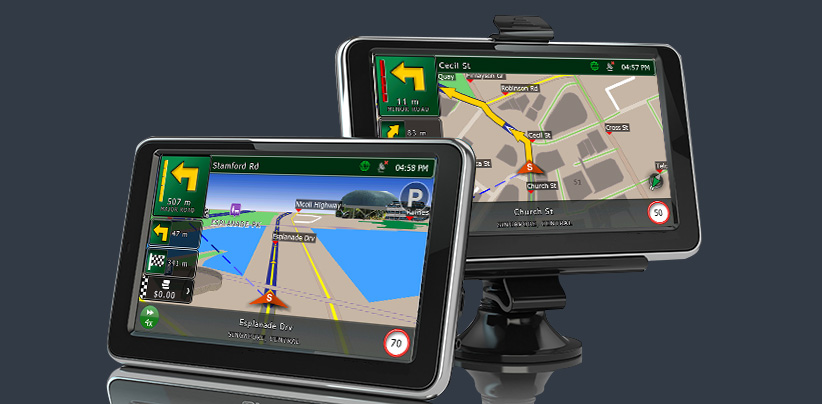
News
Smart nation – Standards to support seamless connectivity introduced
September 21, 2016
The risk of incompatibility between systems and devices exists as Singapore moves ahead in its drive to become a Smart Nation. To avoid this, standards were introduced on Wednesday (Aug 12) to support seamless connectivity.
Comprising a series of technical references, the standards were unveiled at the Quality and Standards Conference 2015, and enterprise development agency SPRING Singapore will help drive adoption among organisations.
“For businesses, if they leverage on all these standards, it will give them the competitive advantage and in many instances, also first-mover advantage, where they can make their products and services safe (and) efficient,” said Ms Choy Sauw Kook, assistant chief executive of SPRING Singapore.
For example, references have been drawn up for the use of sensor networks in Singapore. These references lay out standards to ensure that data collected from various monitoring devices can be effectively transmitted, integrated and analysed. The aim is to promote seamless information-sharing and improve sensing capabilities across services.
One way which this can be put to practice: patients in hospitals can put on a wrist tag which tracks their location in real-time. Having standards in place will greatly expand the potential applications of the device – hospitals can be warned of an influx of visitors arriving, if a crisis happens. They can then track their patients and move them to a secure location, if needed.
“A Smart Nation is made up of many individual, independent, but overlapping systems. And the key word here is ‘integration’. In order to enable interoperability of numerous independent or standalone systems, we need to build up a strong infrastructure of standards,” said Dr Vivian Balakrishnan, Minister-in-charge of the Smart Nation initiative and Minister for the Environment and Water Resources.
Standards have also been drawn up for connected devices and networks, also known as the Internet of Things. These provide a common set of guidelines on information and service interoperability, as well as security and data protection when Internet of Things solutions are developed.
“We can then start to share data across different systems. And also conforming to certain standards will assure greater adoptability by consumers and also by organisations,” said Mr Kuan Yeh Cheang, chief executive of 1Rwave.
“Interoperability is all about being able to integrate better without much customisation, right? If the consumer and the supplier know exactly the language to talk, it is much easier,” said Mr Saurav Bhattacharyya, chief executive of Quantum Inventions.
Where healthcare, mobility and urban living are concerned, standards have been developed to guide the creation of new smart solutions which can be used safely.





